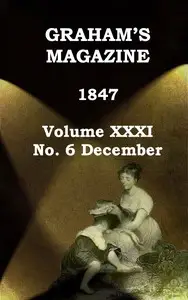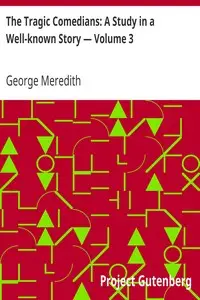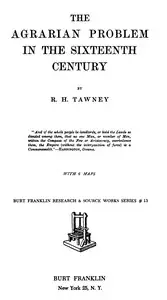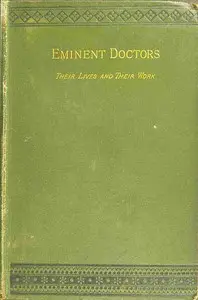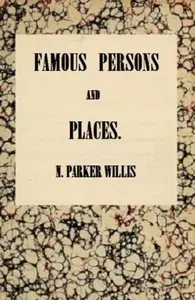"The Tragic Comedians: A Study in a Well-known Story — Volume 1" by George Meredith is a 19th-century novel that looks closely at love, social class, and what it means to be human through the eyes of a young noblewoman named Clotilde von Rudiger. Clotilde is caught between her feelings for two very different men: the appealing Prince Marko and the rebellious Alvan. The story begins by showing how Clotilde is trying to define herself while dealing with the pressures of high society and her own desires. She finds herself drawn to Alvan, who embodies a wild and impractical side of life. This sets up a story where love clashes with the strict rules of society, forcing Clotilde to face difficult choices and internal conflicts as she struggles to find her place in a world shaped by status and tradition.

The Tragic Comedians: A Study in a Well-known Story — Volume 1
By George Meredith
Torn between a charming prince and a passionate rebel, a young woman must navigate the treacherous waters of love and society to discover her true self.
Summary
About the AuthorGeorge Meredith was an English novelist and poet of the Victorian era. At first, his focus was poetry, influenced by John Keats among others, but Meredith gradually established a reputation as a novelist. The Ordeal of Richard Feverel (1859) briefly scandalised Victorian literary circles. Of his later novels, the most enduring is The Egoist (1879), though in his lifetime his greatest success was Diana of the Crossways (1885). His novels were innovative in their attention to characters' psychology, and also portrayed social change. His style, in both poetry and prose, was noted for its syntactic complexity; Oscar Wilde likened it to "chaos illumined by brilliant flashes of lightning". Meredith was an encourager of other novelists, as well as an influence on them; among those to benefit were Robert Louis Stevenson and George Gissing. Meredith was nominated for the Nobel Prize in Literature seven times.
George Meredith was an English novelist and poet of the Victorian era. At first, his focus was poetry, influenced by John Keats among others, but Meredith gradually established a reputation as a novelist. The Ordeal of Richard Feverel (1859) briefly scandalised Victorian literary circles. Of his later novels, the most enduring is The Egoist (1879), though in his lifetime his greatest success was Diana of the Crossways (1885). His novels were innovative in their attention to characters' psychology, and also portrayed social change. His style, in both poetry and prose, was noted for its syntactic complexity; Oscar Wilde likened it to "chaos illumined by brilliant flashes of lightning". Meredith was an encourager of other novelists, as well as an influence on them; among those to benefit were Robert Louis Stevenson and George Gissing. Meredith was nominated for the Nobel Prize in Literature seven times.


